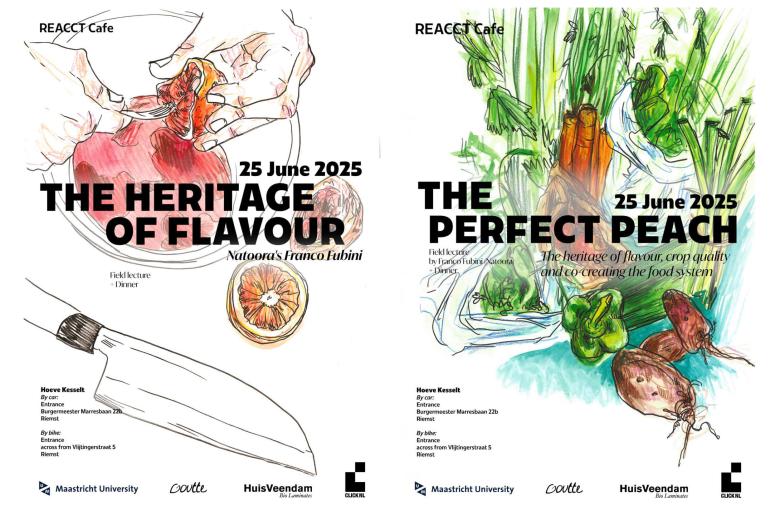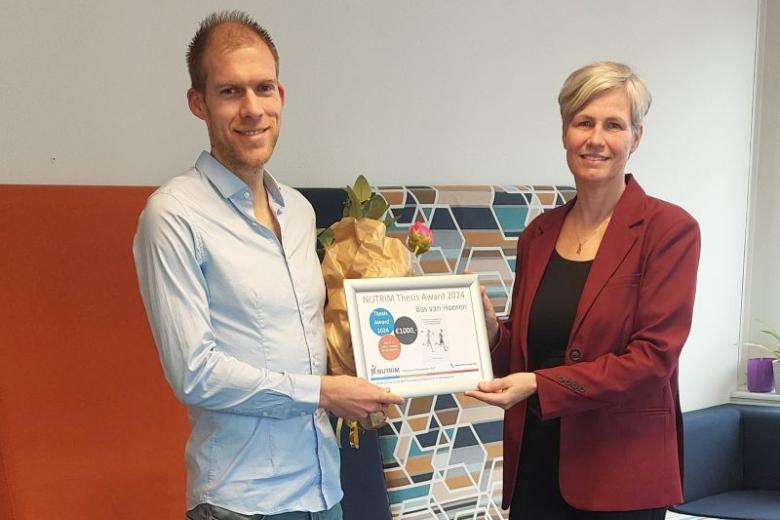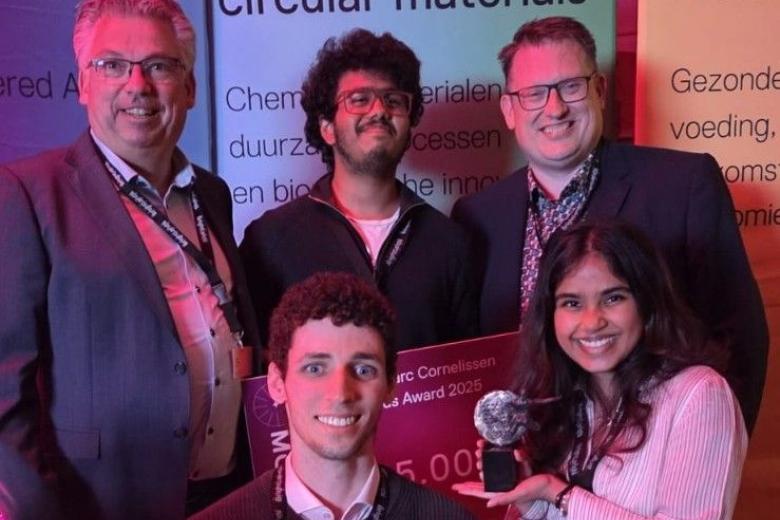'De-composing Classical Music’ event was a success
On 13 October 2025, the Maastricht Centre for the Innovation of Classical Music hosted the event ‘De-composing Classical Music: Coloniality and Resistance’ at the Faculty of Arts and Social Sciences in Maastricht. The participants came from various backgrounds: the event was attended by classical music professionals and students, as well as scholars and students of the faculty.
It started with a keynote by Erin Johnson-Williams of Southampton University titled ‘De-composing and Decolonising Music: Towards A Sustainable Future’ and was followed by Layan Nijem’s keynote titled ‘Beyond the Western Classical Lens: Conclusions from Decolonising Southeast Asian Sound Archives Project.’ Both keynote speakers provided insight on their research into the subject: while Johnsson-Williams presented the challenges and processes decolonization in music research and education, Nijem reflected on the lessons of handling colonial archival materials related to sound.
Lian-Kai Yu’s listening exercise ‘Listening Otherwise’ presented the participants with two different pieces: Puccini’s aria Tu, tu, piccolo from the opera Madama Butterfly and Pauline Oliveros interpretation Bye Bye Butterfly. The ensuing collective listening and discussion brought up questions of how emotions are invoked by the music, and how we can practice affective listening as a way to resist stereotypes and prejudices.
The presentations by FASoS researchers Pieter du Plessis and Jorge Lozano covered South African songbooks and classical music and its standards in Colombia. Du Plessis demonstrated how the Hollands-Afrikaanse Liederbundel circulates and performs cultures of whiteness and white ideology. Lozano’s talk ventured into his own love for classical music as a classically trained Colombian violist, reflecting on how this love is connected to ideas of empire and coloniality.
The program closed with a lecture-performance by Eliz Gökdere titled ‘Echos of Antolia: Turkish Piano Music in a Western Frame’ at Conservatorium Maastricht. In it, Gökdere demonstrated – both in speaking and playing – the entanglements between Turkish piano music and ‘western’ classical music. The performance took place at the Conservatorium Maastricht.
We would like to thank all the speakers and participants for contributing to a discussion that was rich, personal, and inspiring!
Also read
-
Picture this – researchers drawing on illustrators
FASoS’ Laura Ogden and illustrator Michael Kirkham have launched Picture This , which sees arts student from Dundee illustrate the research of social scientists from Maastricht University.
-
Bas van Hooren awarded for the Best Thesis 2024
Bas bridges insights from real-world running practice and cutting-edge lab research to help athletes stay injury-free and perform at their best.
-
Roy Broersma (CEI): Guiding Aestuarium from idea to venture
Roy Broersma, director of the Center for Entrepreneurship & Innovation (CEI) at SBE, has been closely involved in guiding Aestuarium from an early student startup to a growing venture. From spotting their potential during the Brightlands Startup Challenge supporting them through CEI.